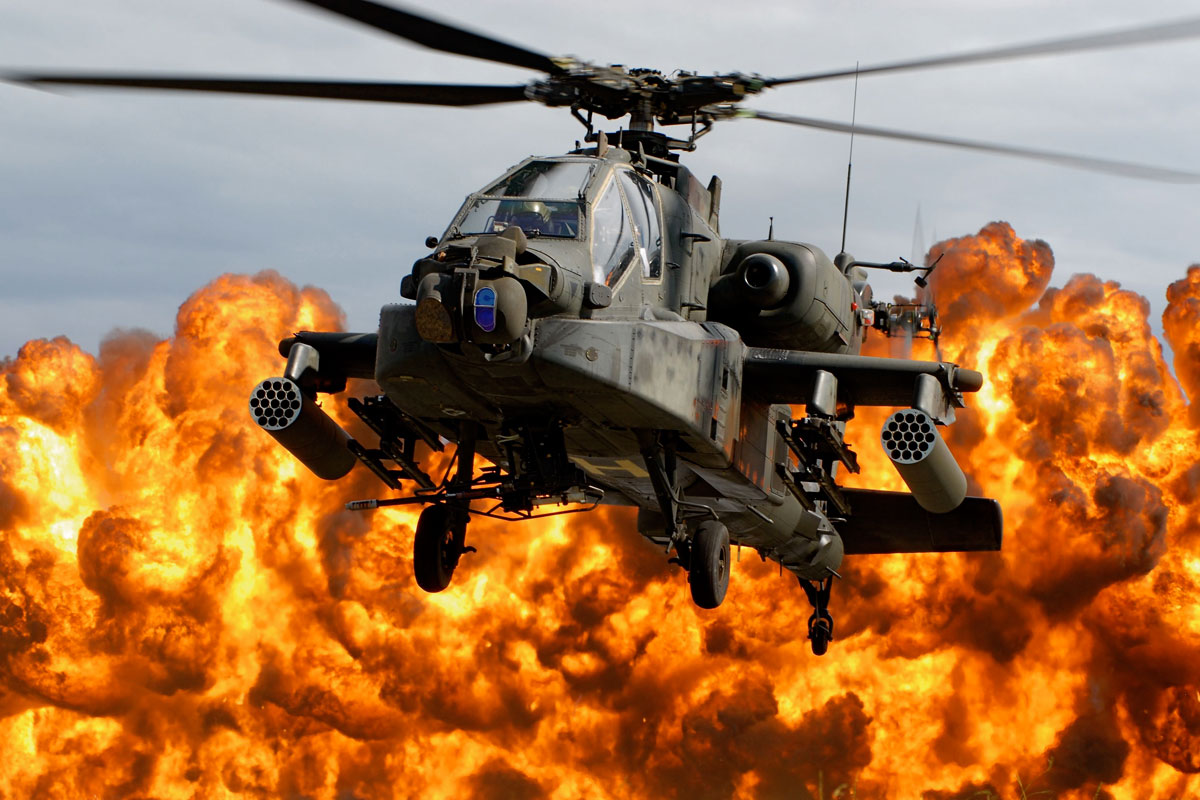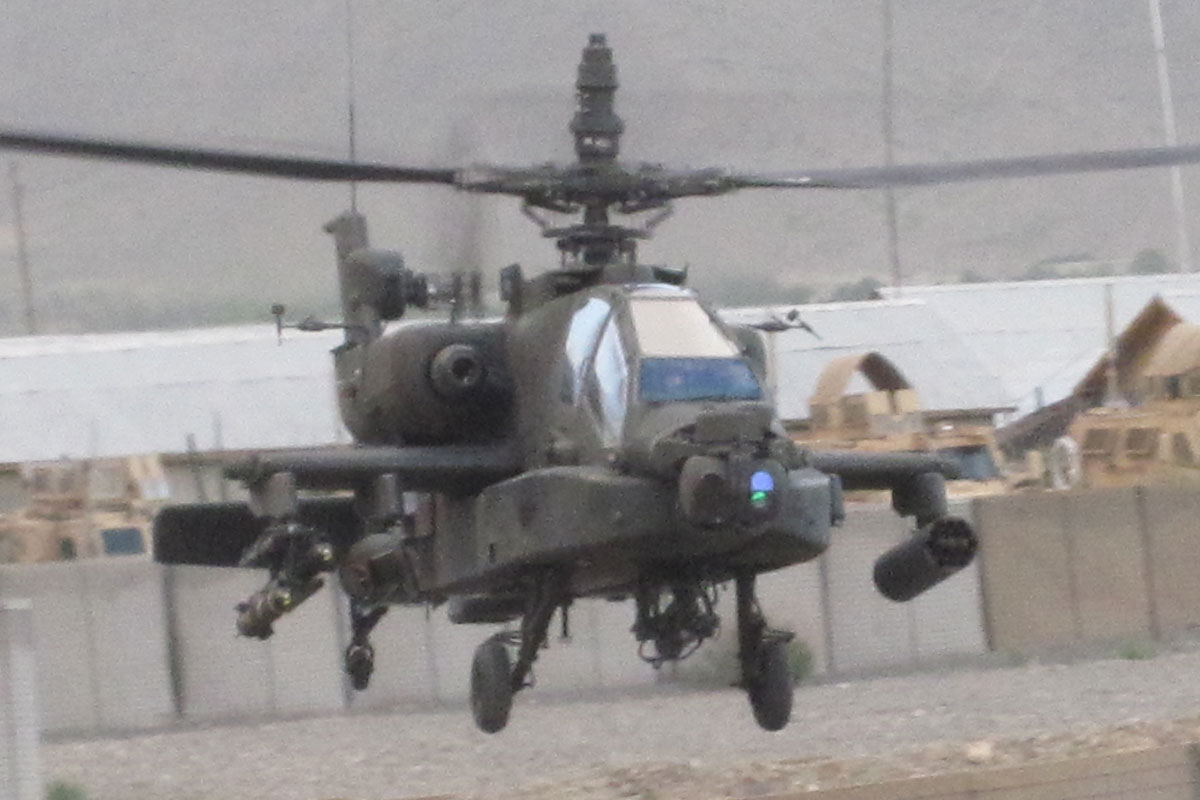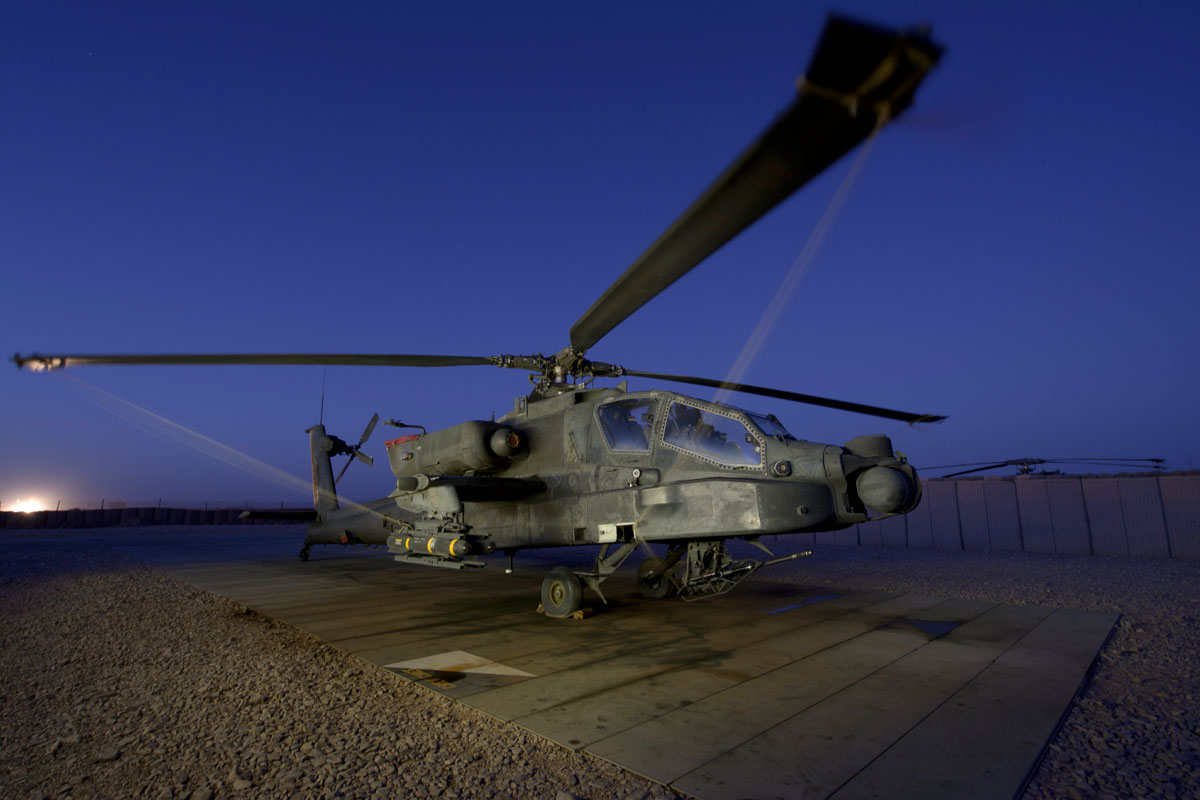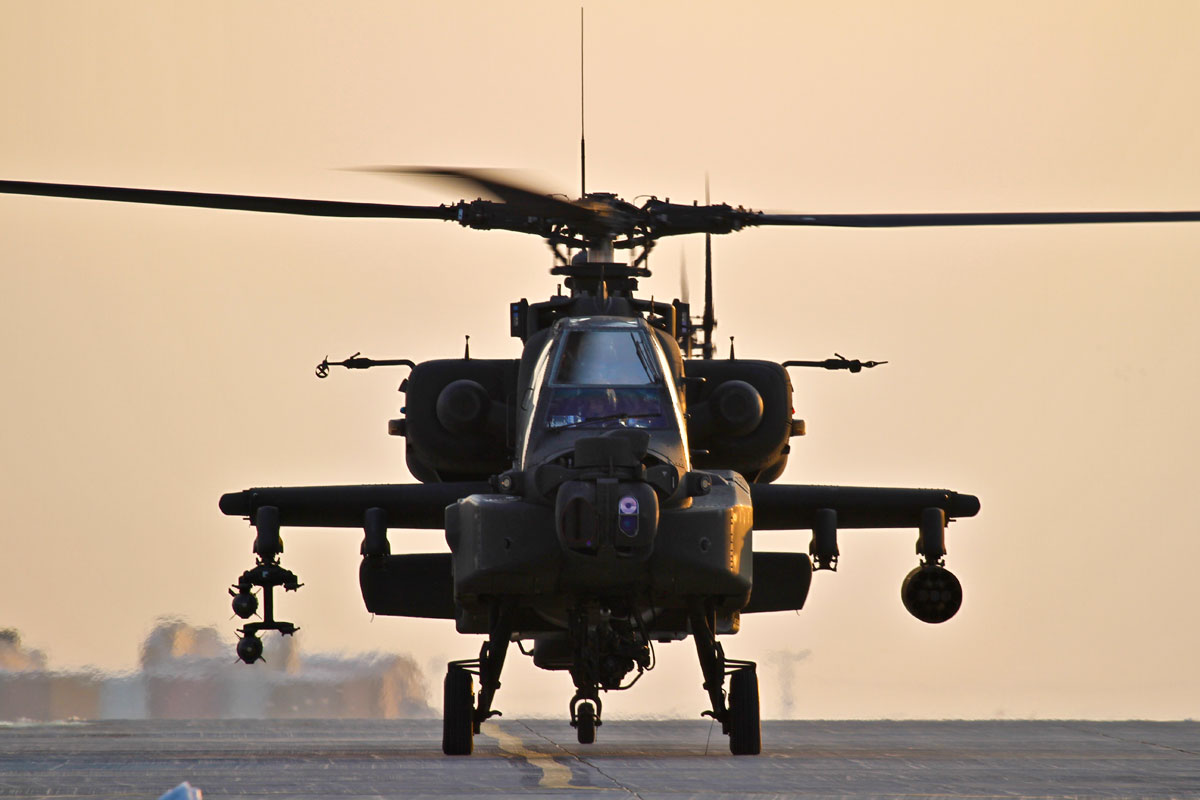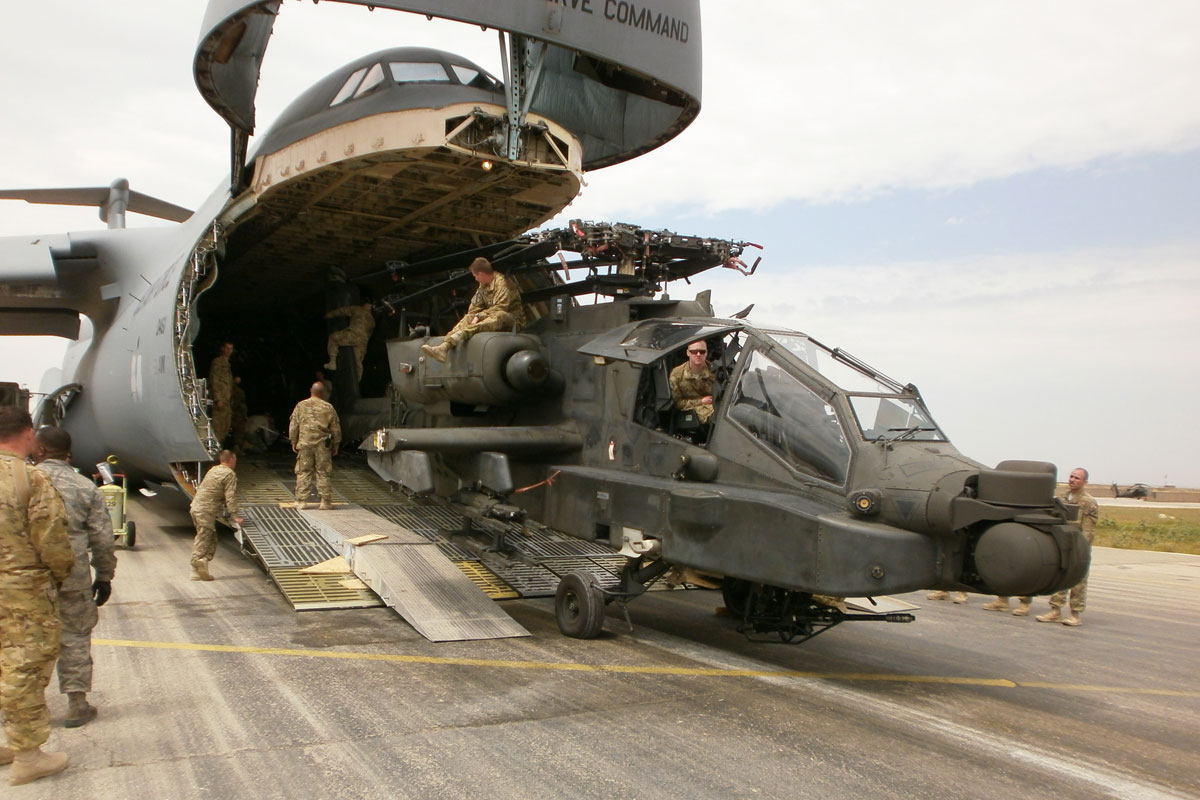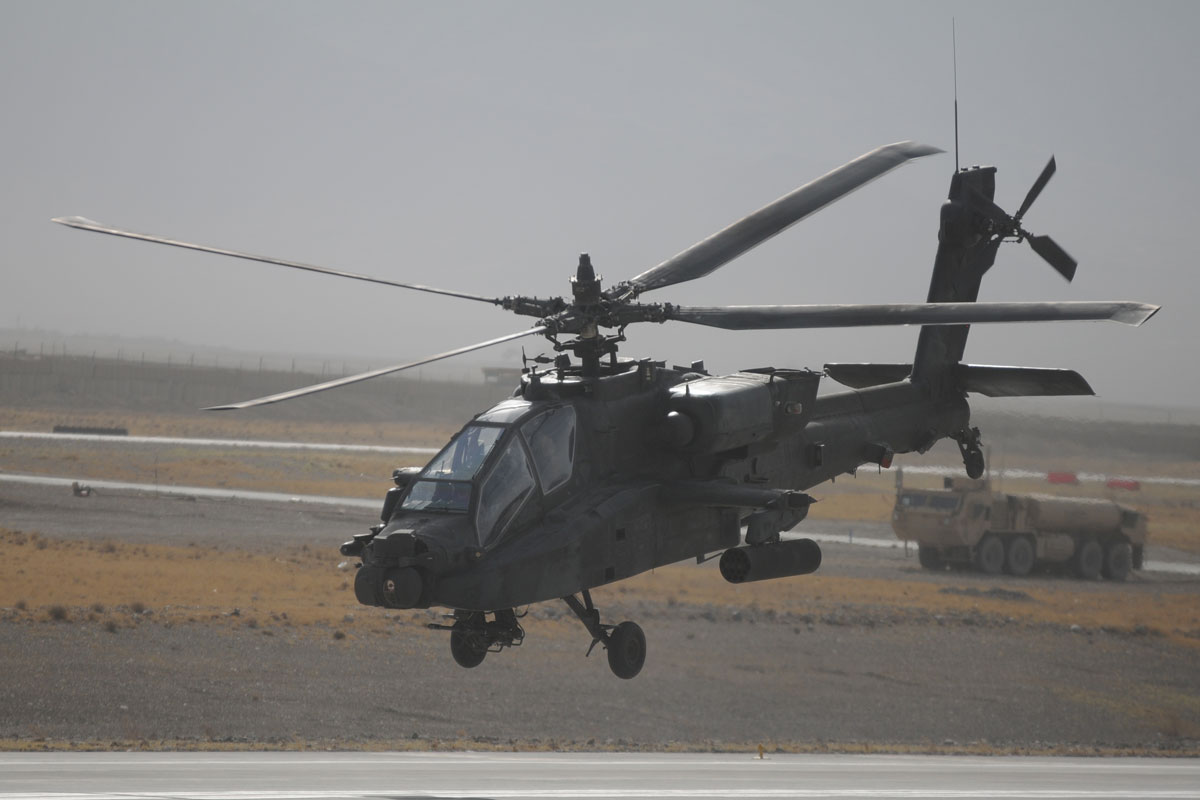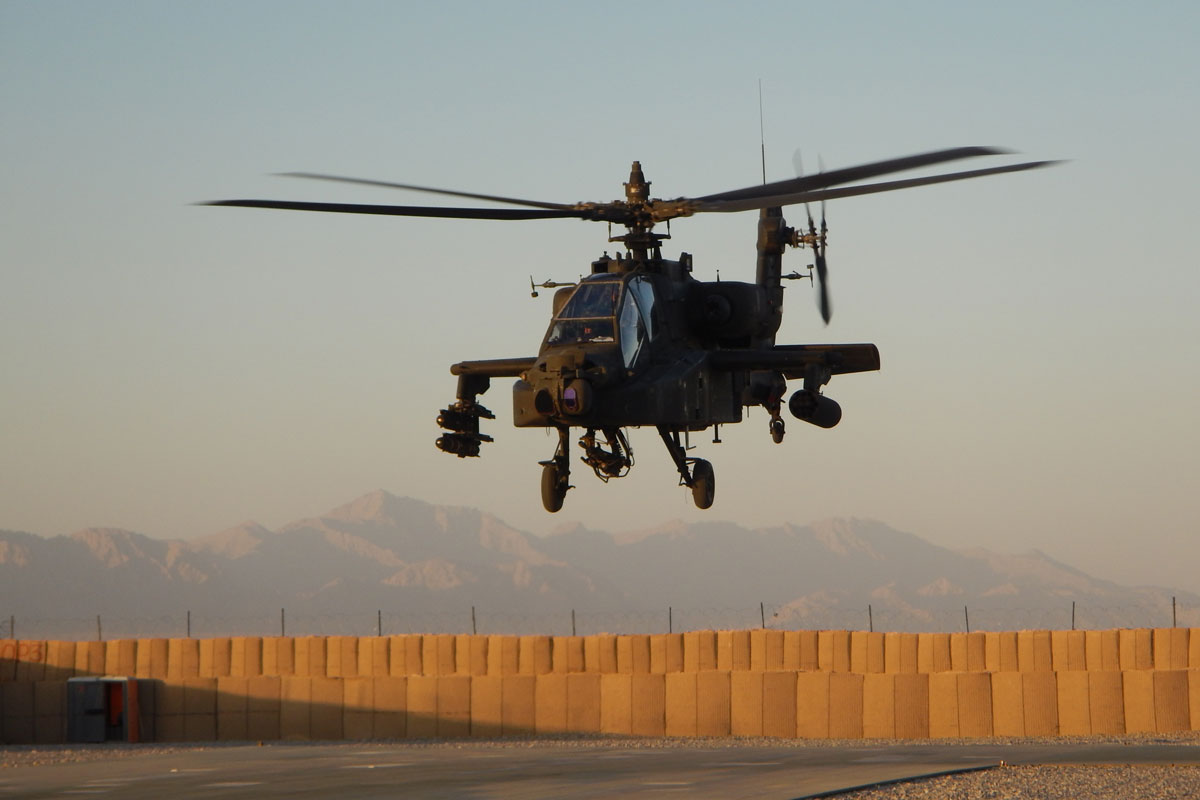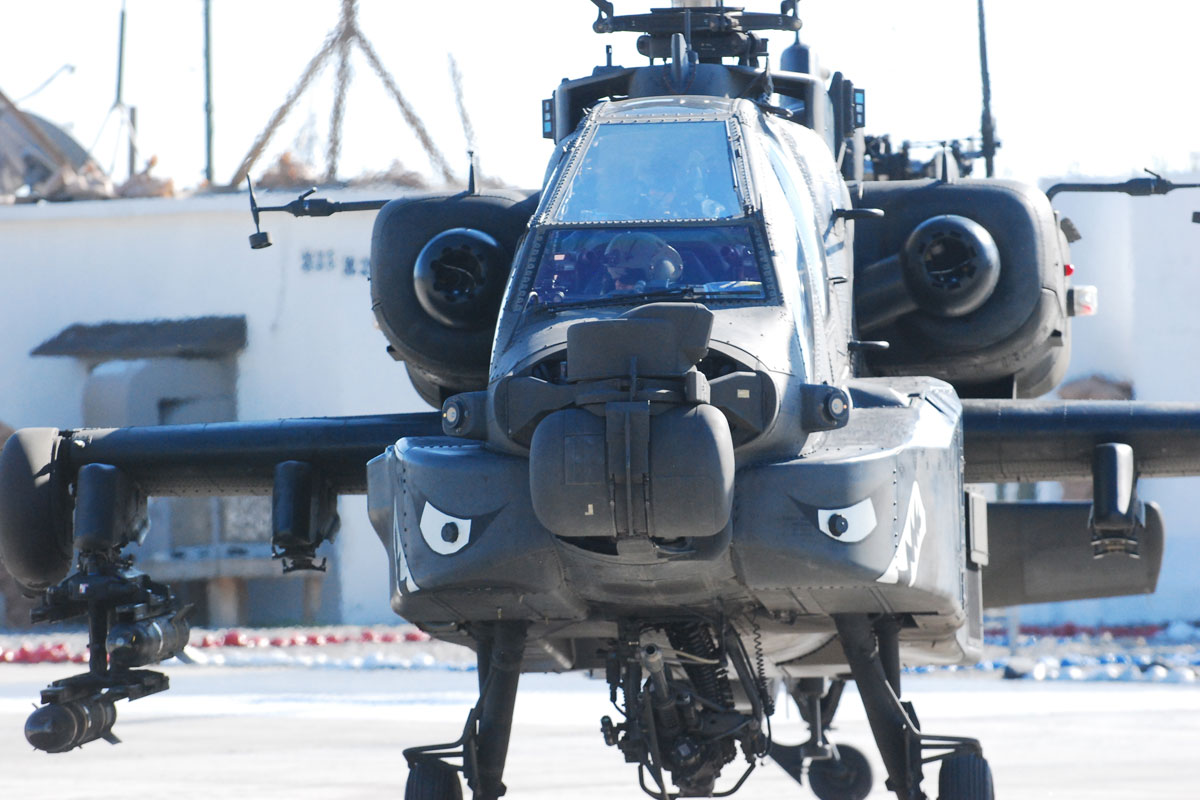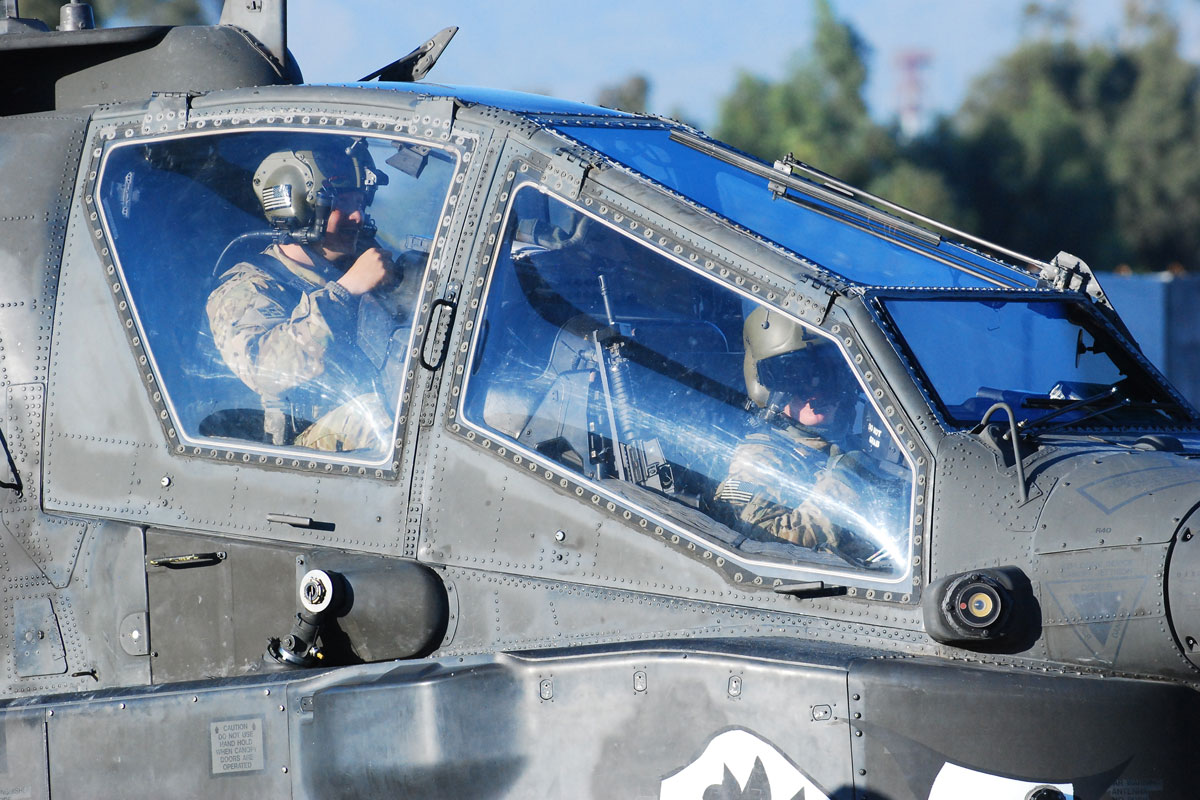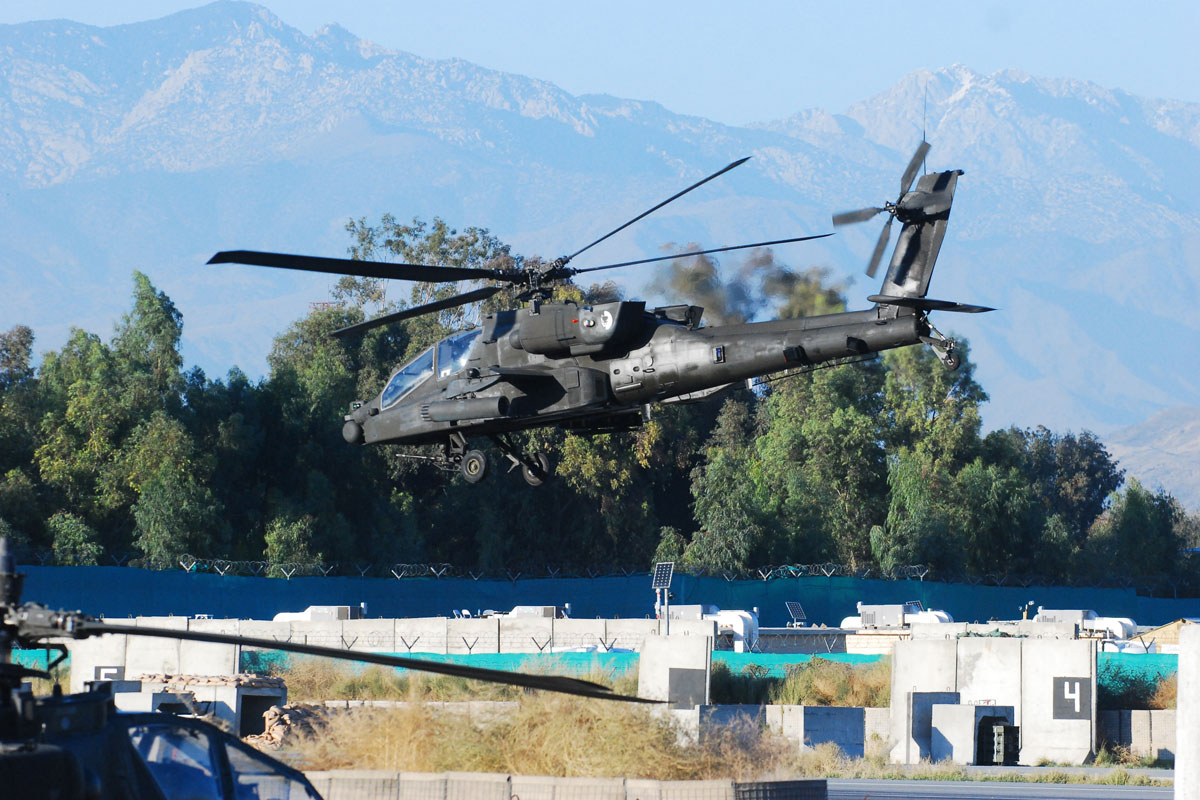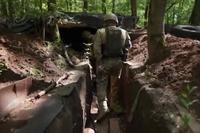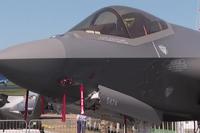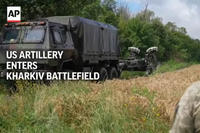Manufacturer: Boeing
Service: US Army Armament: 30 mm M230 Chain Gun; Hydra 70 mm and CRV7 70 mm air-to-ground rockets; AGM-114 Hellfire; AIM-92 Stinger Crew: 2 (pilot, and co-pilot/gunner) Propulsion: 2 × T700-GE-701C turboshafts Max Speed: 227 mph Range: 300 milesConducts rear, close, and shaping missions including deep precision strike. Conducts distributed operations, precision strikes against relocatable targets, and provides armed reconnaissance when required in day, night, obscured battlefield and adverse weather conditions.
The AH-64 Apache is the Army's heavy division/corps attack helicopter. The AH-64D Longbow remanufacture effort incorporates a millimeter wave fire control radar, radar frequency interferometer, fire-and-forget radar-guided HELLFIRE missile and cockpit management and digitization enhancements. The combination of the FCR, RFI, and the advanced navigation and avionics suite of the aircraft provide increased situational awareness, lethality and survivability.
The AH-64 Apache has a four-blade main rotor and a four-blade tail rotor. The crew sits in tandem, with the pilot sitting behind and above the copilot/gunner. Both crew members are capable of flying the aircraft and performing methods of weapon engagements independently.
The crew compartment has shielding between the cockpits, such that at least one crew member can survive hits. The compartment and the rotor blades are designed to sustain a hit from 23-millimeter (0.91 in) rounds. The airframe includes some 2,500 pounds (1,100 kg) of protection and has a self-sealing fuel system to protect against ballistic projectiles.[45] The aircraft was designed to meet the crashworthiness requirements of MIL-STD-1290,[46] which specifies minimum requirement for crash impact energy attenuation to minimize crew injuries and fatalities. This was achieved through incorporation of increased structural strength, crashworthy landing gear, seats and fuel system. Up to six AH-64 Apaches can be safely fitted inside the cargo hold of a USAF Lockheed C-5 Galaxy.
One of the most distinguishing features at the introduction of the Apache was its helmet mounted display, the Integrated Helmet and Display Sighting System (IHADSS); among other abilities the pilot or gunner can slave the helicopter's 30 mm automatic M230 Chain Gun to his helmet, making the gun track head movements to point at where he looks. The M230E1 can be alternatively fixed to a locked forward firing position, or controlled via the Target Acquisition and Designation System (TADS). The AH-64's standard of performance for aerial gunnery is to achieve at least 1 hit for every 30 shots fired at a wheeled vehicle at a range of 800–1,200 m (870–1,300 yd).
The AH-64 is designed to endure front-line environments and to operate during the day or night and in adverse weather via its avionics and onboard sensor suites. These systems include the Target Acquisition and Designation System, Pilot Night Vision System (TADS/PNVS), passive infrared countermeasures, GPS, and the IHADSS.


